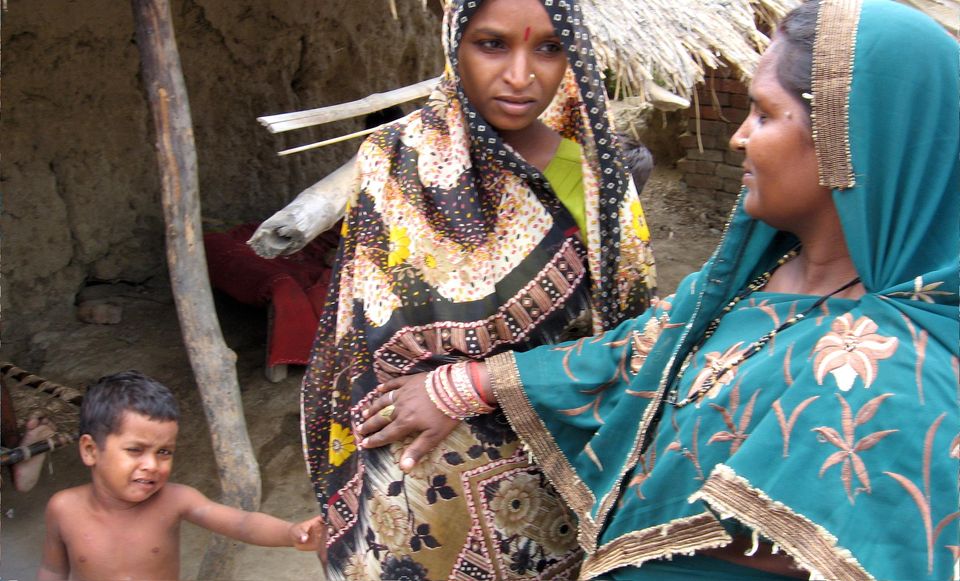DBT launches national initiative to identify biomarkers for preterm births
September 03, 2014 | Wednesday | News | By Rahul Koul Koul
Identifying biomarkers for preterm births, DBT launches national initiative
Finding the root cause of Preterm births: It is for the first time in India that a national program is being launched to collect the data
After a series of national and international consultations, the Department of Biotechnology (DBT), Ministry of Science and Technology, Government of India has launched a major national program to identify the correlates, causes, and predictive biomarkers of preterm birth under its Grand Challenge Program. The first-phase of the initiative has been allocated Rs 48.85 crore for 5 years.
A birth that takes place before the mother has been pregnant for at least 37 weeks construes a preterm birth. In India, among the total 27 million babies born annually, 3.6 million babies are born preterm, and over 300,000 of these preterm babies die each year because of associated complications. India, with its highest number of PTBs and the highest number of preterm deaths worldwide, contributes 25 percent of the overall global preterm related deaths. The effects of PTB extend beyond early infancy with substantial long-term consequences in late childhood and adult life.
The objective of DBT's program is to collect scientific information on pregnancy that may lead to a preterm birth, a pregnancy has to be identified early, followed up through the duration of the pregnancy during which clinical and life-style information must be collected. Biological changes taking place during this period must also be assayed by collecting blood and other biological materials from the pregnant woman. Further, because differences in biological responses and life-style factors are enormous among pregnant women, information needs to be collected on a large cohort.
The overall long term goals are to stratify women early in pregnancy or before conception into various levels of risk of PTB, identify simple and better prediction tools that will recognize the optimal time of prediction and clinical intervention, develop additional strategies to identify presence of unusual or novel microbes that could serve as biomarkers; identify focused remedies targeting one or more mechanistic pathways (e.g. infection, inflammation, hormonal), and apply currently available interventions (tocolytic agents) based on better understanding of biological mechanisms.
The scientific success of this program is bound to have a major ripple-effect on the discovery of preventive therapies. It will contribute significantly towards reduction in infant and maternal mortality rates.
The PTB program is establishing a hospital-based cohort of pregnant women
starting from the first trimester, each of whom will be followed up until delivery. The cohort is being established in a district hospital in Gurgaon, Haryana. Because of the multifactorial nature of a preterm birth, scientific expertise from multiple domains of clinical, biological, and statistical sciences are required. Therefore, a cross-disciplinary platform is being used to bridge expertise from disparate fields, such as, pediatrics, gynecology, infectious disease biology, epidemiology, microbiology, immunology, cellular and molecular biology, genetics, statistics and computational & systems biology.
The data and biospecimens being collected in this study are of paramount value, not only for the present time but also for a long period into the future. Therefore, it is critical to collect and store data and biospecimens under globally-accepted quality assurance protocols. These protocols have been established with guidance from the World Health Organisation. Data storage and sharing will be under the guidelines being established by the Global Alliance for Genomics and Health (GA4GH), of which DBT is a partner. DBT is also a member of the Global Coalition to Advance Preterm birth Research (G-CAPR), that has a primary mission to identify and advance priority research through expanded networks, communications, and collaborations among organizations to fund the research needed to reduce preterm birth at the international level.
The Program is being monitored by a Steering Committee represented by eminent national and international experts in important domain areas who are responsible for strategic guidance. A Program Management Committee has been formed to address matters related to scientific, technical and financial aspects on regular basis and report to the Steering Committee.









